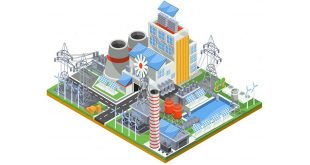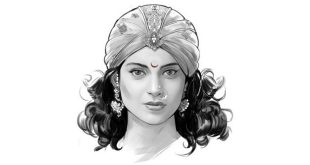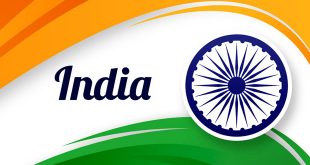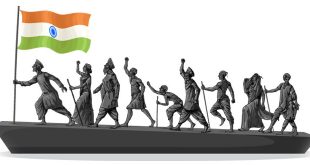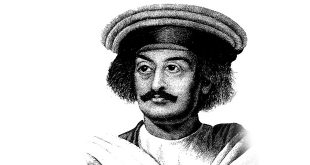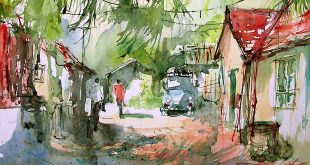Question: What is the present average density population of World and India? Answer: Average density population of the world is 45 persons per sq. km. and India is 364 persons per sq. km. Question: Name is least populous continent of the world. Answer: Antarctica is the least populated continent in …
Read More »Search Results for: education
NCERT 8th Class (CBSE) Social Science: Manufacturing Industries
Question: Define industry. Answer: Industry refers to an economic activity that is concerned with production of goods, extraction of minerals or provision of services. Question: Name three common methods of classifying industries. Answer: Industries are classified according to raw material used, size and ownership. Question: Expand the abbreviation AMUL. Where …
Read More »NCERT 8th Class (CBSE) Social Science: Agriculture
Question: What is the basic function of the three basic types of economic activities? Answer. The three types of economic activities are involved in the transformation from a plant to a finished product. Question: What are tertiary activities? Answer: Tertiary activities are those which provide support to primary and secondary …
Read More »NCERT 8th Class (CBSE) Social Science: The Great Uprising
Question: What was the plea of Nana Saheb, the adopted son of Peshwa Baji Rao II? Answer: Nana Saheb pleaded that he be given his father’s pension when the latter died. Question: What was the first step taken by the Company towards ending the Mughal dynasty? Answer: The name of …
Read More »NCERT 8th Class (CBSE) Social Science: India After Independence
Question: When was the Indian Constitution adopted? Answer: The Indian Constitution was adopted on 26 January, 1950. Question: Which step has been described as revolutionary? Answer: All Indians above the age of 21 would be allowed to vote in state and national elections. Question: On what point did Nathuram Godse …
Read More »NCERT 8th Class (CBSE) Social Science: The National Movement: Second Phase
Question: What do you know about early life of Gandhiji? Answer: The national movement entered a new phase after the arrival of Gandhiji on 2 October 1869 at Porbandar (Gujarat), he received his early education in India. Later, he went to South Africa to practice law. During his stay these he …
Read More »NCERT 8th Class (CBSE) Social Science: The National Movement: First Phase
Question: What factors resulted in growing opposition to British rule? Answer: All these factors resulted in growing opposition to British rule: All the section of society suffered under British rule. The peasant had to pay high taxes. The artisan was ruined by foreign competition. The factory worker received very low …
Read More »NCERT 8th Class (CBSE) Social Science: Reforms In Indian Society
Question: Why are social reformers described so? Answer: Social reformers are described so because they felt that some changes were essential in society and unjust practices needed to be rooted out. Question:How did reformers bring changes in society? Answer: They brought changes in society by persuading people to give up old …
Read More »NCERT 6th Class (CBSE) Social Science: Rural Livelihoods
Question: Who comprise the large farmers? Answer: These rich farmers use their money to buy modern machines and tools to increase agricultural production. Question: Who is a landless peasent? Answer: Group of people who work on the land that belongs to other people are the landless peasants. Question: What is …
Read More »NCERT 6th Class (CBSE) Social Science: Urban Local Self-Government
Question: Who was Yasmin Khala? Answer: Yasmin Khala was a Municipal Corporation employee. Question: What had children done to the street light? Answer: They had broken the streetlight while playing. Question: What did children want to know? Answer: They wanted to know whom did the lights on the streets belong …
Read More » Class Notes NCERT Solutions for CBSE Students
Class Notes NCERT Solutions for CBSE Students

